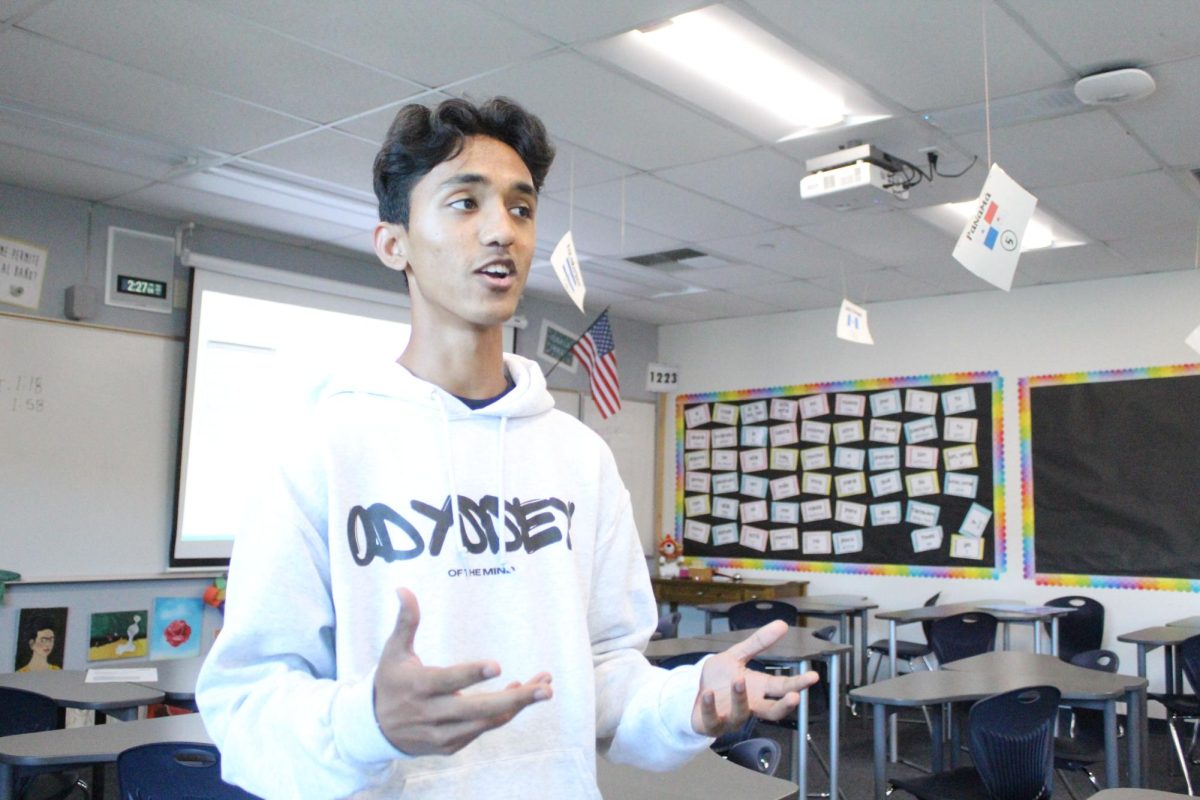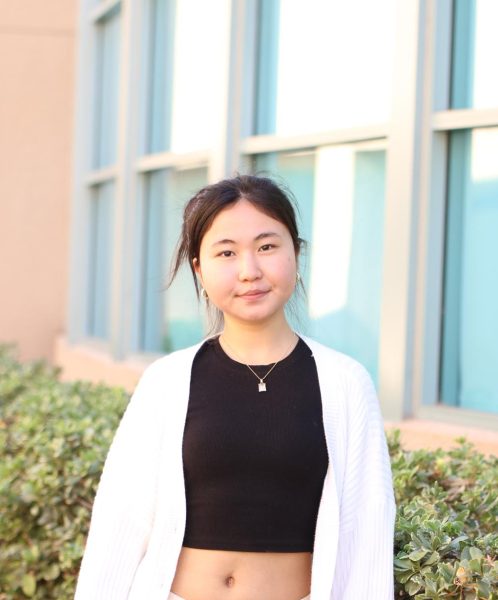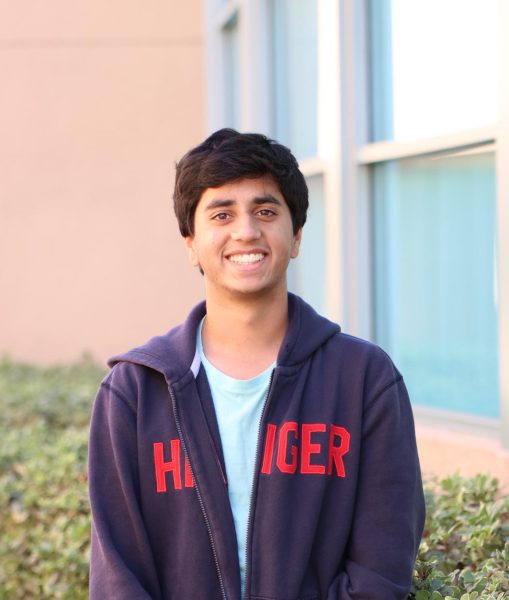Piecing together a puzzle needs intricate work. With skills that involve recognizing patterns in each piece’s different shapes, colors and perspectives it is only after a series of experimentations that you find the pieces that fit.
Senior Jeet Parikh found satisfaction in piecing together puzzles, sparking a lifelong passion for the trial-and-error process of coding on his computer screen.
Parikh is the founder and CEO of Pariglo Solutions LLC., a company that develops mobile apps to tackle community problems.
Being at home for most of the day in eighth grade as a result of the pandemic, Parikh used his time as a leeway to learn how to code.
While completing a computer graphics assignment, Parikh accidentally revisited code.org, a coding game that he used to play with his classmates.
“I instantly remembered in elementary school when I would have the most fun playing games on code.org with my friends on the school computers,” Parikh said. “I started playing the games there again, mostly to escape the boredom of being stuck at home with the same source of entertainment from the television and my twin brother.”
Remembering this joy for programming and playing simple computer games, Parikh wanted to test his basic coding knowledge and take it a step further to learn the coding basics.
Having no previous experience or background in coding other than the rudimentary code games, Parikh began with a simple Google search: “Coding for beginners.” Out of the thousands of links that popped up, Parikh clicked on a short video introducing Python, a beginning coding language.
After experimenting with a few coding phrases on the platform XCode, Parikh began to teach himself the basis of coding by exploring the intricate language of Swift behind iOS app development. Parikh’s chance to apply his hours of self-learning came sooner than he had expected, at the sacrifice of his family’s backyard tomato garden.
“I noticed that many of my friends and family got into gardening during the pandemic,” Parikh said. “But after burying our fourth batch of tomato plants due to an unknown disease, I wanted to develop a system that would tell me the reason for its death right away to save myself the trouble of digging through Reddit for hours.”
For the next five months, Parikh spent over 11 hours daily behind his computer screen troubleshooting thousands of lines of code, eventually developing an app to diagnose the root disease of his plants with just one photo.
By the end of 2020, PlantVision AI had amassed over 2,000 downloads, and Parikh realized the extensive potential of code beyond just simple coding games.
When Parikh faced a challenge with keeping his family updated on his grandfather’s health later that year, he wondered if the same principles of plant health data tracking could apply to humans.
A few months later, he began a new project named Kare, an app to record, store and share human health data.
“Immediately before I even started, I knew this project would be much more complex than PlantVision AI,” Parikh said. “All aspects of this health tracking app needed to be personalized to the user’s health concerns, which meant this would have ten times more coding and also would have to consider ethical issues.”
To bridge this gap, Parikh began looking for summer opportunities to learn more about the ethics of software engineering, especially when dealing with what could be private information.
In the summer of 2022, Parikh was competitively selected as a deep learning intern for the MIT FutureMakers Program.
For eight weeks, Parikh received his first proper education in software engineering as he studied under experts at MIT, who broadened his perspective on the ethical implications of computing and coached him toward making Kare a productive healthcare app personalized for all his global clients.
“The summer programs and the instructions of the professors taught me to approach coding on a whole different level,” Parikh said. “Aside from just troubleshooting techniques, I realized there was so much nuance to the puzzle pieces that involved personalized care, accessibility and most importantly, simplicity.”
10,000 lines of code and 18 months of nonstop coding later, the Kare app was successfully launched in January 2023. Quenching Parikh’s passion for problem-solving, it was one of the most rewarding puzzles that he had solved.
“I had no idea I wanted to go into software engineering before I tried it out,” Parikh said. “I never coded before, but as I opened myself up to embracing a new challenge, I found that coding did interest me, and I want to dedicate my life to pursuing software development.”





















































